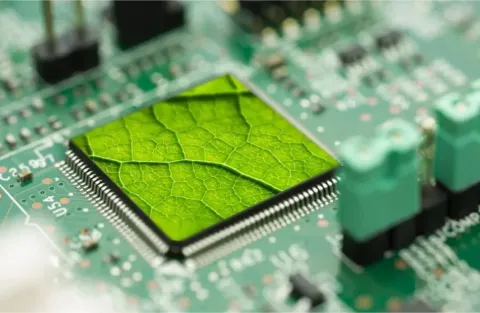Benchmarking & Testing Suite for Edge Hardware Systems
Lukasiewicz Poznanski Instytut Technologiczny
Poznan Supercomputing and Networking Center (PSNC)
Location
Poland

 Arable farming
Arable farming
 Food processing
Food processing
 Greenhouse
Greenhouse
 Horticulture
Horticulture
 Livestock farming
Livestock farming
 Tree Crops
Tree Crops
 Viticulture
Viticulture
The Benchmarking & Testing Suite for Edge Hardware Systems delivers a set of tests designed to evaluate the performance, reliability, and functionality of edge hardware and its components under various operational conditions.
The tests can be compared to specific industry standards or the performance of other solutions available on the market. Examples of tests offered as part of the service:
- Environmental tests: Assessing devices' resistance to extreme conditions, such as temperature, humidity, and vibrations.
- Signal tests: Evaluating devices using GNSS signal generators, testing their resilience to interference or false signals.
- Network tests: Evaluate device performance within a prototype 5G network infrastructure.
- Functional tests: Assessing the capability of devices, such as remote PTZ (pan, tilt, zoom) cameras, to perform operational tasks in field conditions.
- Integration tests: Examining the cooperation of edge devices with sensors, AI systems, and their responses to data input failures. - Accuracy tests: Measuring the precision of sensors and control systems. Test results can be compared to specified standards or the performance of competitive solutions, enabling customers to better understand their devices' capabilities.
Collection of test data
Desk assessment
Performance evaluation
Test design
Test execution
Test setup
